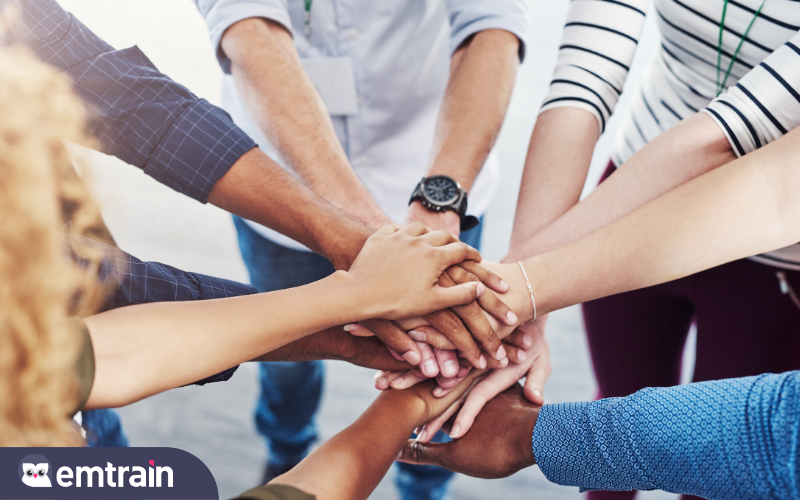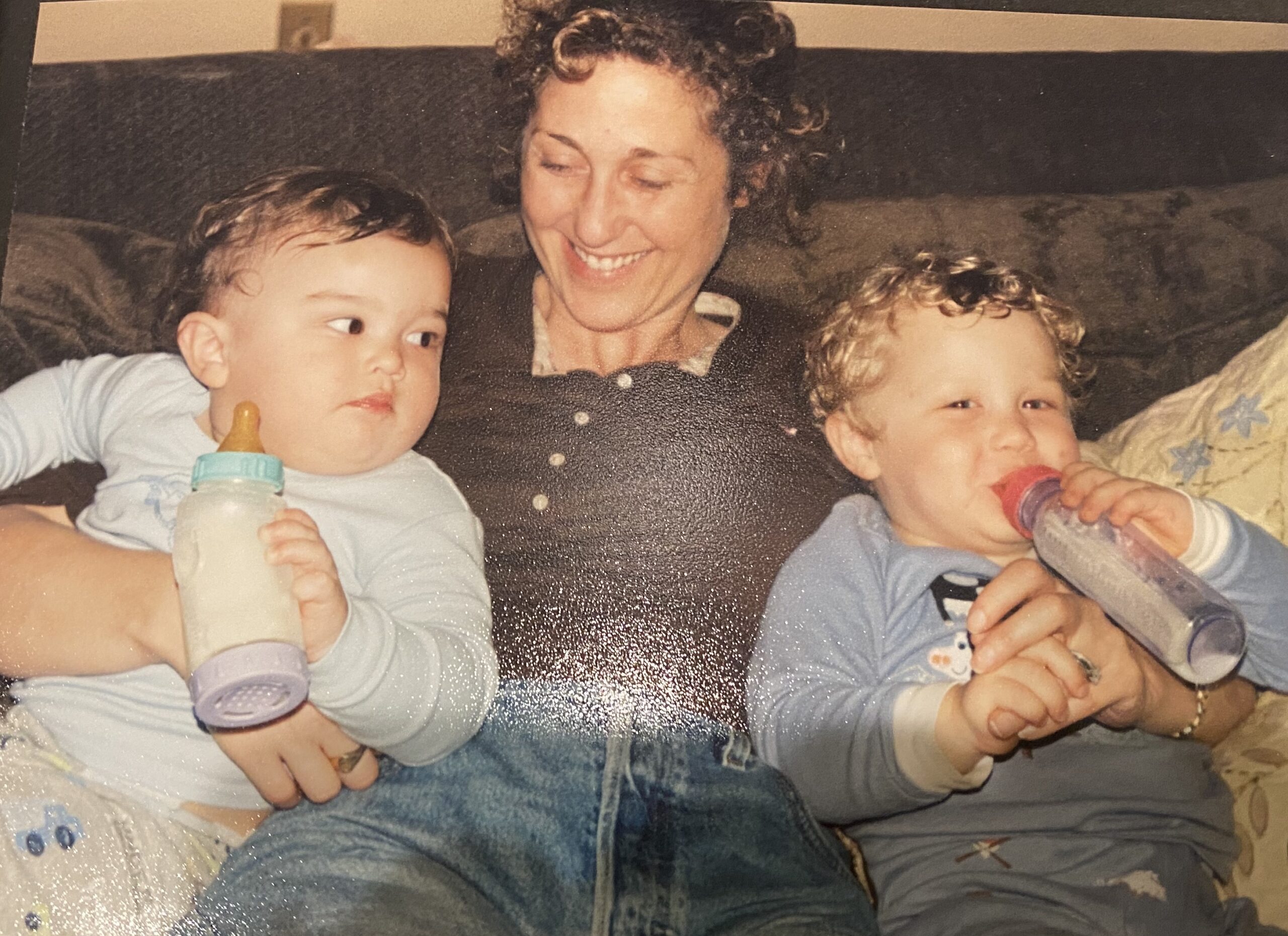Can we agree that many children are afraid of the dark? Many children also believe that monsters have taken up residence in their closet and for sure, a monster will attack them and drag them off to the corners of some dark monster land when no one is looking. But certainly, as long as they leave the bedroom light on, or have a loved one down the hall, they will be protected. Or maybe if they just go to bed in their Halloween hero costume, they will be able to rest peacefully. And as adults, whether we suffered from nightmares and monsters or not, I think most of us would come to the aid of the child, to comfort the child. We would not ask the child to prove their claim because we would recognize and feel the terror in their eyes. In children, we assume innocence. In children, we accept what is real to them, especially if the child belongs to us.
The murder of George Floyd by Minneapolis police officers on May 25, 2020, as captured on video for the entire world to see, was the tipping point for black people in America for hundreds of years. For example, health disparities, criminal justice, income inequality, educational inequality, redlining, police brutality… so many monsters. If America is the collective parent, it has not come rushing down the hall when it heard our pleas for help. America has not looked into our eyes and acknowledged our history of pain. On May 25, 2020 society at large looked into the eyes of one of our children and finally saw the terror. And we felt it.
Now many are looking for what they can do and are asking for my thoughts
Checking in on your Black friends and colleagues
Many people don’t know what to say. Many completely avoid the topic; it’s hard to find the balance between showing you care and burdening your black co-workers with comments and questions. Here are some comments and questions you might try:
- Offer some insight into how you’re feeling first: “I’ve been having a hard time sleeping and focusing on work. I’ll be okay – but it’s tough. How have you been feeling?”
- Ask something specific: “What have you been thinking about? How has your day been? How does it feel to be you right now?”
- Offer support (without questions): “I’m just checking in. I hope you’re okay, but I’m here for you if you’re struggling.” or “I’ve really wanted to take up some action in light of these times. I wrote an email to the CEO requesting they have a public conversation around action steps we all can take”
- Or simply hold space: “I care about you and you’re on my mind. No need to respond – just want you to know.
- Be curious, but also be okay being uncomfortable…I’m uncomfortable every day
Why it’s not okay to say All Lives Matter
Of course all lives matter, AND that’s not the point. The point is that black people have felt like they’re under attack and the phrase Black Lives Matter is our cry for help. We need everyone’s help now to end police brutality and systemic racism. We need help now so that the police do not stop our young boys and men for “driving while black” and then at risk for police racism and brutality. We need help now so that a whole generation of black men are not incarcerated due to a flawed criminal justice system. We are not all similarly situated. Some are more at risk than others. And black people are the most at risk right now. Yes everyone is affected… but not equally, not to the same degree and numbers. And not to the same impact on our communities.
By saying Black Lives Matter, you’re acknowledging that black lives are more at risk right now than other lives. It is just acknowledging our pain and cry for help. By saying All Lives Matter, you’re normalizing our suffering and ignoring our cries for help.
Becoming an Ally
Invest a bit of time and energy in learning about and understanding the black experience. Yes you can talk to Black people as part of your discovery but do some due diligence first and spend a few hours getting informed. Get informed on these topics:
- Criminal justice system — why do black men populate our prisons?
- Police brutality — why do parents have “the talk” with their kids?
- Healthcare – why are black people having significantly higher percentages of bad health outcomes?
Elizabeth Morrison, Chief Diversity, Inclusion & Belonging Officer at Levi Strauss & Co., prepared a great list of resources to help you. Select at least a few and start learning. Here are 3 favorites:
- Watch: Color Brave or Color Blind (TedTalk)
- Watch: The Cost of Code Switching
- Watch: 13th (A documentary on racial inequality in criminal justice)
Listen, I won’t be shy about why I like companies like Emtrain, who are focused on transforming workplace culture. Emtrain just produced a complimentary video lesson on Black Lives Matter. It’s primarily a ‘listening’ lesson. Sponsor a company-wide learning initiative and ask all employees to spend 5 minutes taking the lesson and sharing their thoughts on this issue. Gather that data and then host a fireside chat to discuss this topic, their thoughts and concerns, and answer questions as best as you can. Show you care.
Become a Change Agent
We all have practical steps we can take to actualize change. We all have some kind of privilege within our sphere of influence. Let me give you an example. I’m black and I have influence because I work in technology at a high level. A few years ago, I was working for a big technology company and the sales leader, a middle-aged white man, was organizing a sales conference for 19,000 people. The speaker line up was all white and the entertainment was all Black -including children. While terrible for sure, the insidious element is that as originally planned, the conference would have propagated a false narrative (albeit unconsciously) that black people do not have a place in tech sales. I was able to illuminate this blind spot and how damaging his sales conference would be to the company’s diversity and inclusion efforts. I helped him put together a committee to modify the conference and provide a different experience (and different optics) for the 19,000 attendees. I used the privilege I hold within my sphere of influence to actualize change.
We all have influence to some degree. We know hiring managers. We know HR partners. We know business leaders. We can commit to doing everything we can to ensure Black employees’ proportional representation and/or funding of Black entrepreneurs. We can commit to supporting organizations focused on increasing diversity in the tech industry hiring pipeline. We can advocate African American employees within our organizations to be promoted, mentored, sponsored, and otherwise supported so they are positioned to succeed in the same way as employees from other groups. Ownership is the path to closing the racial wealth gap and we can commit to exploring a path for employees to become shareholders and decision-makers in our respective companies. Finally, where possible, Advocate for your company to use Black suppliers, Black vendors, and otherwise support Black businesses in the communities where we are located. May 25, 2020 was the action call for ALL of us to commit to change NOW. What will be YOUR commitment?
If you’d like me to facilitate a fireside chat on this issue, I’m happy to help. You can review my discussion with Emtrain CEO Janine Yancey and/or reach out to me at info@douyonsignature.com.








